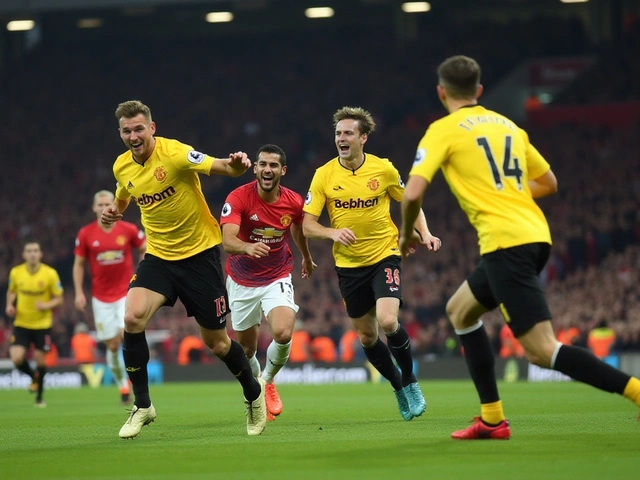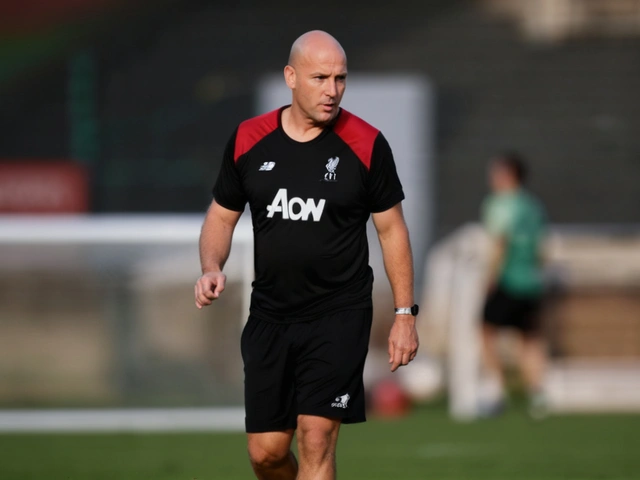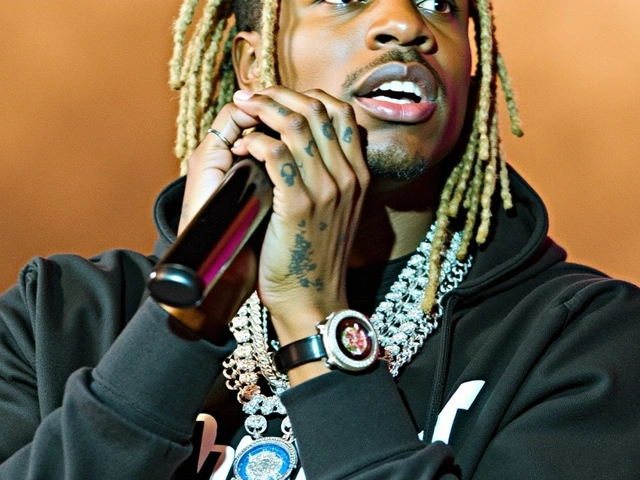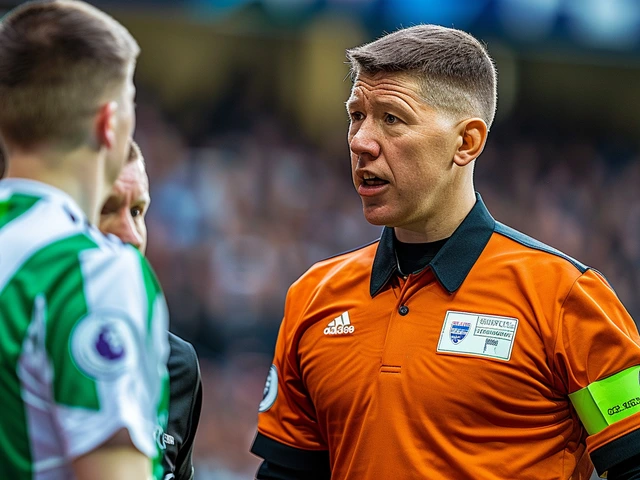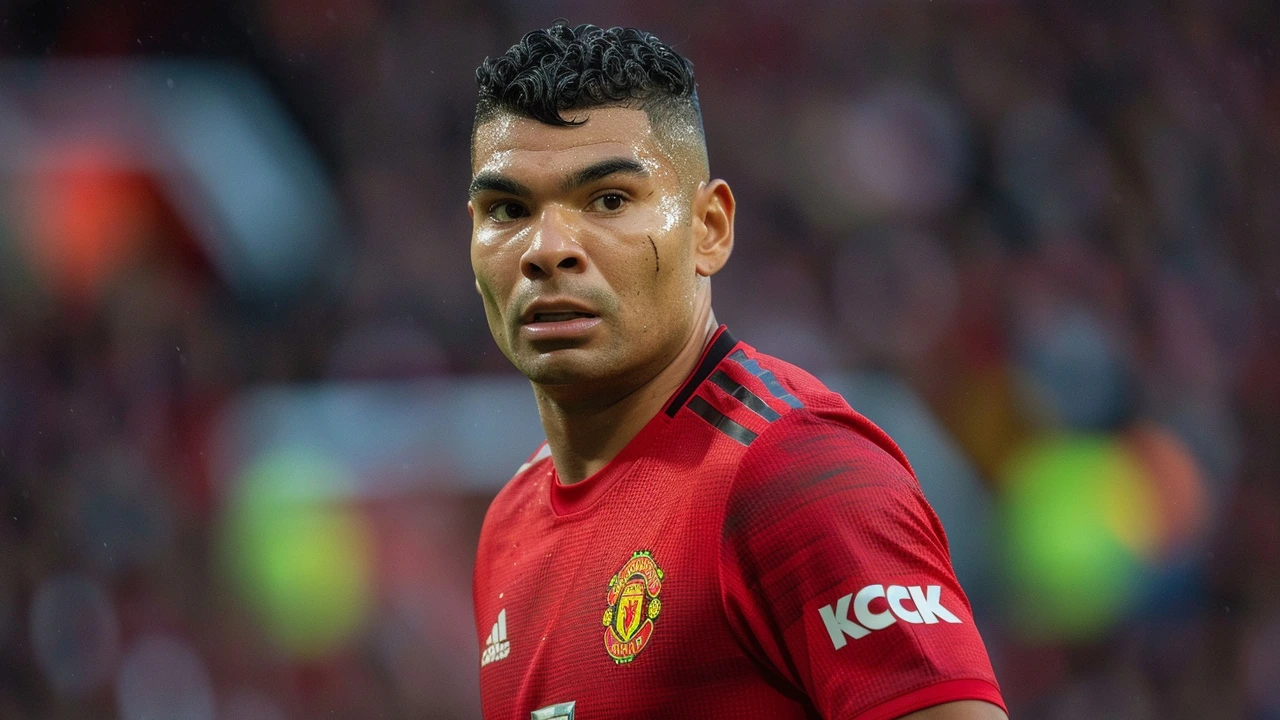
Manchester United's season has been marred by a series of defensive injuries, forcing the team to make tactical readjustments. One of the most notable has been the redeployment of Brazilian midfielder Casemiro to a center-back position. Known globally for his tenacity and defensive acumen as a defensive midfielder, Casemiro's transition to the backline has sparked a mix of criticism and concern about Manchester United's strategic alignments under Erik ten Hag's coaching.
Expert Analysis on Casemiro's Defensive Struggles
Former Manchester City defender Nedum Onuoha provided insights into Casemiro's challenges in filling the lesser-known role of center-back. Onuoha highlighted that while Casemiro excels at shielding defenders and disrupting opposing attacks as a midfielder, his new role requires different skills, such as positional awareness and the ability to preemptively neutralize threats. Onuoha stressed that Casemiro's skills are ideally suited for the midfield, where he can engage more directly with threats rather than anticipate them from a distance.
Contributing to the debate, Nigel Reo-Coker, a former West Ham midfielder, pointed out that Casemiro seems hesitant in his adapted position. This reluctance, according to Reo-Coker, might stem from the current team environment and the specific demands of Erik ten Hag's coaching style, which could be affecting Casemiro's natural game.
Defensive Incidents Highlighted by Mark Ogden
Mark Ogden, a seasoned ESPN journalist, offered a defense of Casemiro, referring to a couple of notable incidents where the Brazilian was not solely at fault. He recalled a match against Crystal Palace where defender Aaron Wan-Bissaka's lapse in concentration rather than Casemiro's misjudgment led to a goal. In another instance during a crucial game against Arsenal, while Casemiro played all opponents onside, it was once again Wan-Bissaka who lost his mark, allowing Leandro Trossard to score, an error attributed to a collective failure in defensive coordination rather than Casemiro's individual performance.
The Broader Impact on Manchester United's Defense
The decision to place Casemiro in the heart of defense underscores the strategic dilemmas faced by Manchester United amid an injury crisis. This contingency has not only tested Casemiro's versatility but also highlighted the fragility of United's defensive structure. The inconsistency from full-backs, mentioned by Ogden, demonstrates a troubling lack of organization that might be exacerbating the challenges faced by Casemiro in adapting to his new role.
As Manchester United continues to navigate through these tactical experiments, the focus remains on how well the players adapt and overcome the inherent challenges posed by these shifts. Casemiro's situation is particularly scrutinized, being a player of high calibre and expectations. Whether this tactical shift will prove beneficial or detrimental in the long term is still up for debate, but it is clear that the adaptation process is crucial for both Casemiro and the team's aspirations this season.

